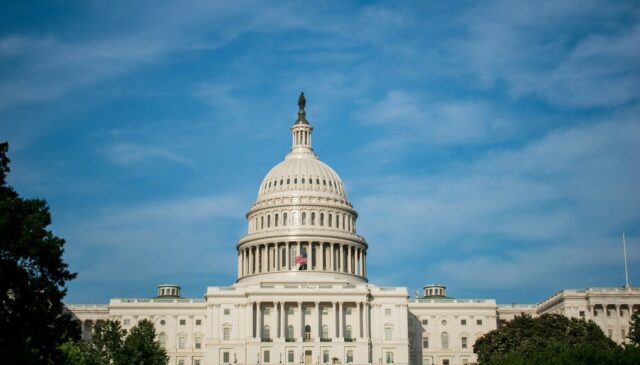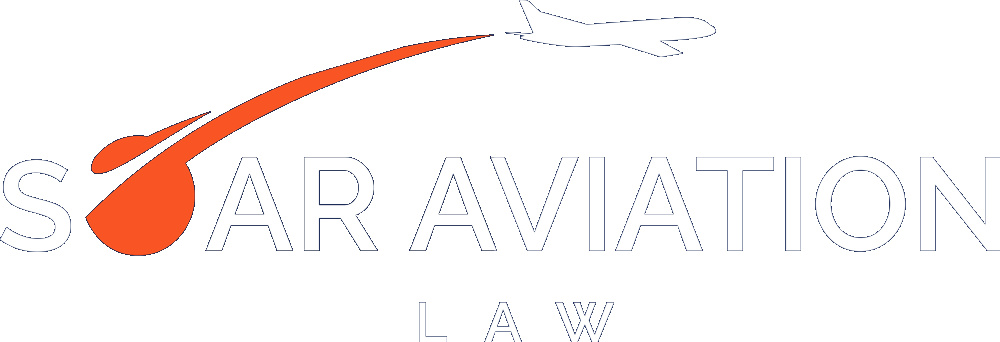
On May 15, 2024, the FAA Reauthorization Act of 2024 was passed by Congress and has now been sent to the President for signature. The bill allocates funds in the amount of $105 billion and covers a period of 5 years. The bill itself is over 1,000 pages long but an important read because it will likely impact every American who travels by air. It reauthorizes the FAA, funding, and commercial federal excise tax but also includes work force development programs, fee free family seating, required refunds from airlines to passengers for cancelations and significant delays. It is arguably one of the most comprehensive bills to be passed by Congress in recent years. It is worth exploring everything that the bill contains, but if you don’t want to read all of the 1,000 pages, there are some great summaries available.
If I had to pick the provision I am most excited about, it would be a directive to solve the privacy issues we currently have in private aviation. I believe it is dangerous for people on private aircraft to be publicly tracked and am thankful that we did not wait for a devasting event to occur before action was taken.
Sec. 803. Aircraft Privacy requires the FAA to establish a process where a private aircraft owner or operator may request withholding the registration number and other similar identifiable data or information from the public for noncommercial flights, including preventing the display of certain information on the FAA registry website. In addition, the FAA is required to establish a program for aircraft owners and operators to apply for a new ICAO aircraft identification code. We can only hope that the process is developed in a way without any security gaps.
Below are additional provisions that I am excited about:
Sec. 804. Accountability for Aircraft Registration Numbers requires the FAA to review the process for reserving aircraft registration numbers to ensure equal opportunity for members of the public to obtain specific aircraft registration numbers. Unfortunately, over the years some companies have turned this into a for-profit business and with any luck this will help correct the problem.
Sec. 817. Eliminate Aircraft Registration Backlog requires the FAA to take such actions as may be necessary to reduce and maintain the aircraft registration and recordation backlog at the Civil Aviation Registry so that, on average, applications are processed no later than 10 business days after receipt. I am hopeful that this somehow not only include aircraft registration applications, but also the registration number change requests, which currently take a significant amount of time to process.
Sec. 101. Airport Improvement Program (AIP)/GA Airport Funding authorizes $4 billion a year for the FAA’s airport projects program. This number represents an increase from the current $3.35 billion annual spending level.
Sec. 750. Government Accountability Office (GAO) Study on FBO Fee Transparency directs a GAO study on the efforts of FBOs to meet their commitments to improve the online transparency of prices and fees for all aircraft and enhancing the customer experience for general and business aviation users. While this provision does not go as far as some hoped it would, at least it will start a review that could lead to corrective actions.
Sec. 831. GAO must initiate a review of charitable flights, including a review of all applicable laws, regulations, policies, legal opinions, and guidance pertaining to charitable flights and the operations of such flights including a review of the regulation that prohibits reimbursement for fuel costs for private pilots.
This reauthorization bill is a long time coming and while I am sure each of us would change a few things in the bill, it is amazing to have the reauthorization in place for the next five years. I look forward to the changes that will come from this bill and what will be accomplished in so many important areas.
